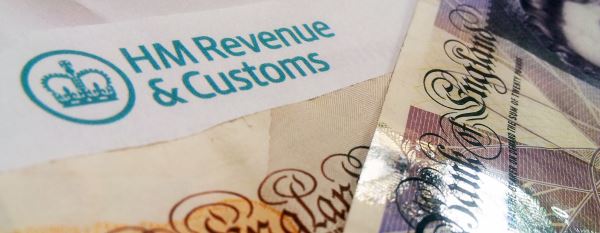Vodafone execs cash in on $130bn deal

It’s recently been reported that Vodafone’s bosses will be cashing in on millions when their deal with Verizon Wireless is finally completed. All of Vodafone’s top managers will receive huge windfall according to the terms of the agreement. As the most senior 250 members of the management team own over 50 million Vodafone shares and they are being valued at £1.12 each, their income is worth a total of £50 million.
Just over a month ago, we were reporting about Vodafone’s latest ruse to try and cheat its way out of paying tax in the UK. It has a ready been revealed how Vodafone is reaping revenues of over £40 billion is making billions in profits but has not paid a single penny of tax to Her Majesty’s Revenue and Customs.
It is estimated that the amount of tax that Vodafone is evading totals about £6 billion which is roughly about the same that the coalition government is slashing from welfare causes in the budget. Our previous article, detailed how Vodafone would use loopholes and offshore holding companies to reduce the amount of tax they owe from about $40 billion to only about $5 billion.
This news caused lots of controversy especially in the current environment where ordinary people are struggling to afford to pay their heating bills over the coming winter. As a result, Margaret Hodge MP called for urgent action to be taken to prevent British taxpayers losing out on money that Vodafone should be contributing to the country.
The Guardian has said that the £50 million that the corporate team will be getting out the deal will be split between about £16 million in cash plus £40 million of Verizon Wireless shares. The dividend already have enough money, chief executive Vittorio Colao or pocket another £10 million on top of the £11 million he got paid last year.
Since most of the Vodafone executives who are benefiting from this deal will never have paid any money for their shares as they usually receive them as part of incentive deals, all the income will be pure profit for them. It is reckoned that Vodafone’s sale of its stake in Verizon Communications is amongst the largest corporate transactions ever.




Recent Comments